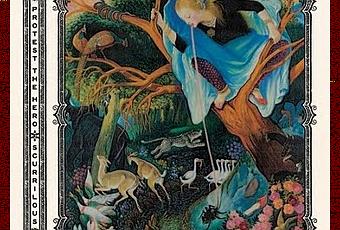

I then outline some of the ways in which the disrupted elements are combined. I link those to McGhee’s concept of fantasy-assimilation (1972). I demonstrate some of the applications of schema theory in the stylistics of humorous texts, including Cook’s schema disruption and schema refreshment (1994), Gibbs’ soft-assembling of schemata (2003) and Schank and Abelson’s notion of scripts thrown off normal course (1977). I outline the ways in which representations of settings, objects, characters and situations which make up humorous worlds can be manipulated to achieve an amusing effect.

In the first chapter, I discuss the elements which are used to build humorous worlds. I call the narrative worlds which are constructed to elicit an overall experience of humour humorous worlds and outline some of the techniques which writers use to build them, focusing on three aspects: Disrupted Schemata. I combine concepts from cognitive stylistics and psychology to address the question: ‘How does the construction of narrative worlds contribute to the creation of humour in narratives?’ I suggest that the narrative world can be designed to enhance the humour of particular elements which appear in it by encouraging a playful interpretation of those elements.

In this thesis, I examine some of the ways in which humour is created in comic novels.


 0 kommentar(er)
0 kommentar(er)
